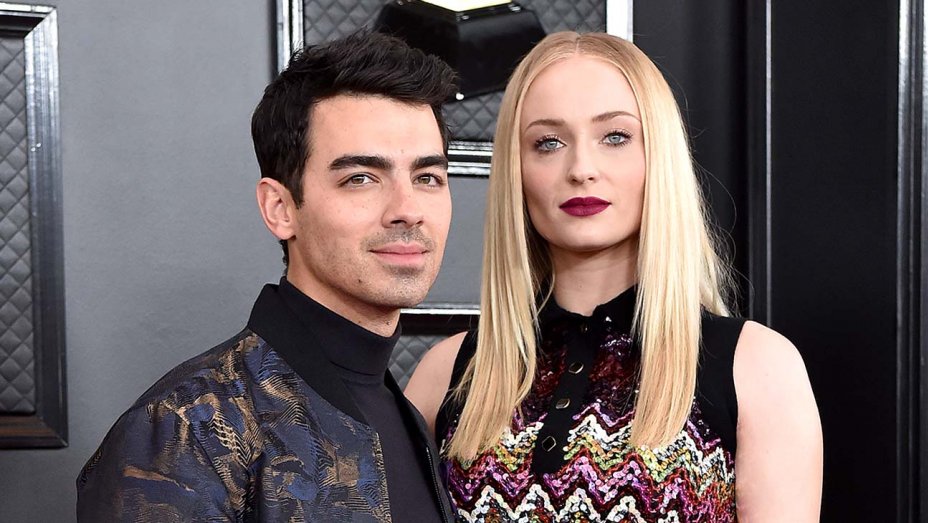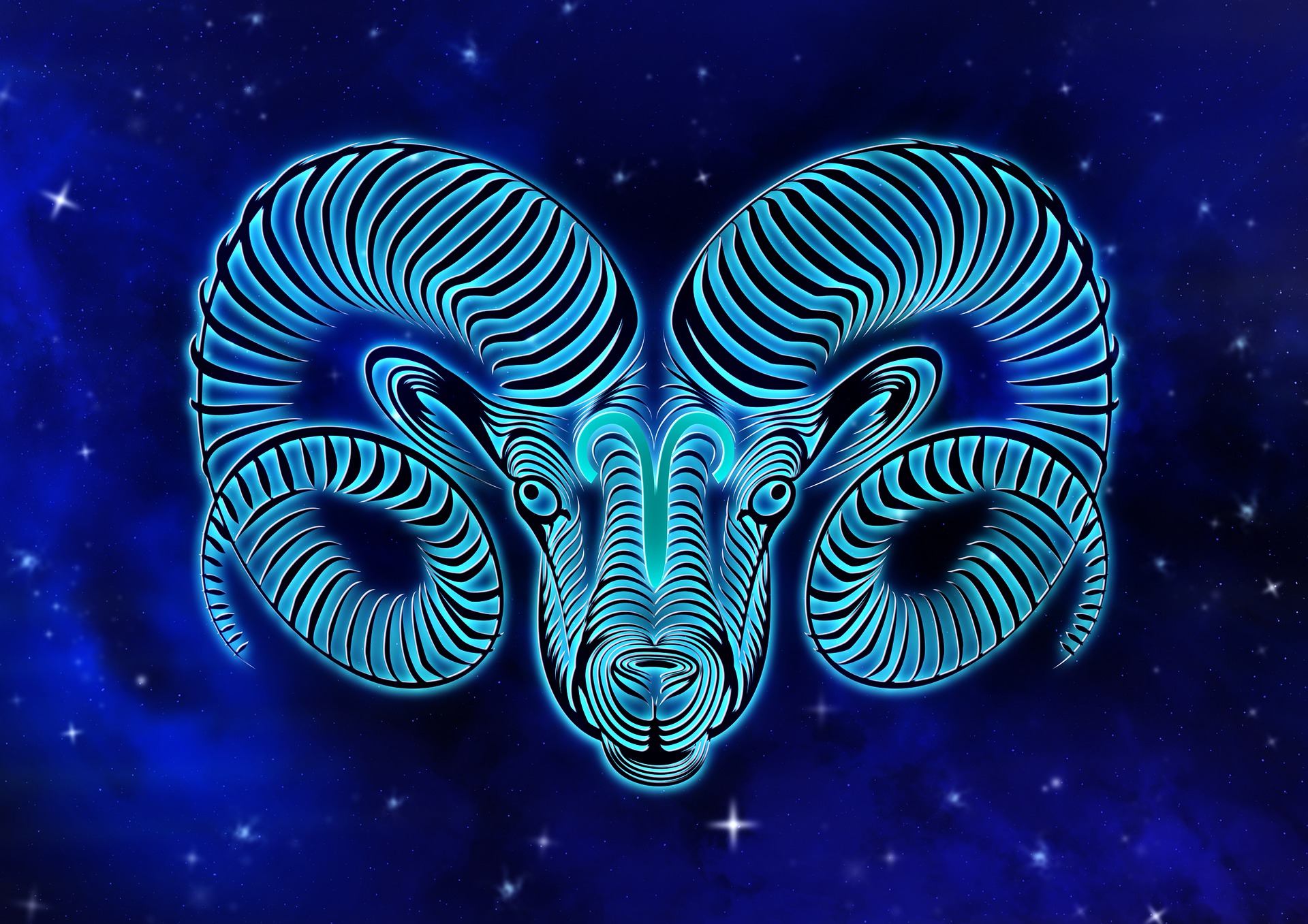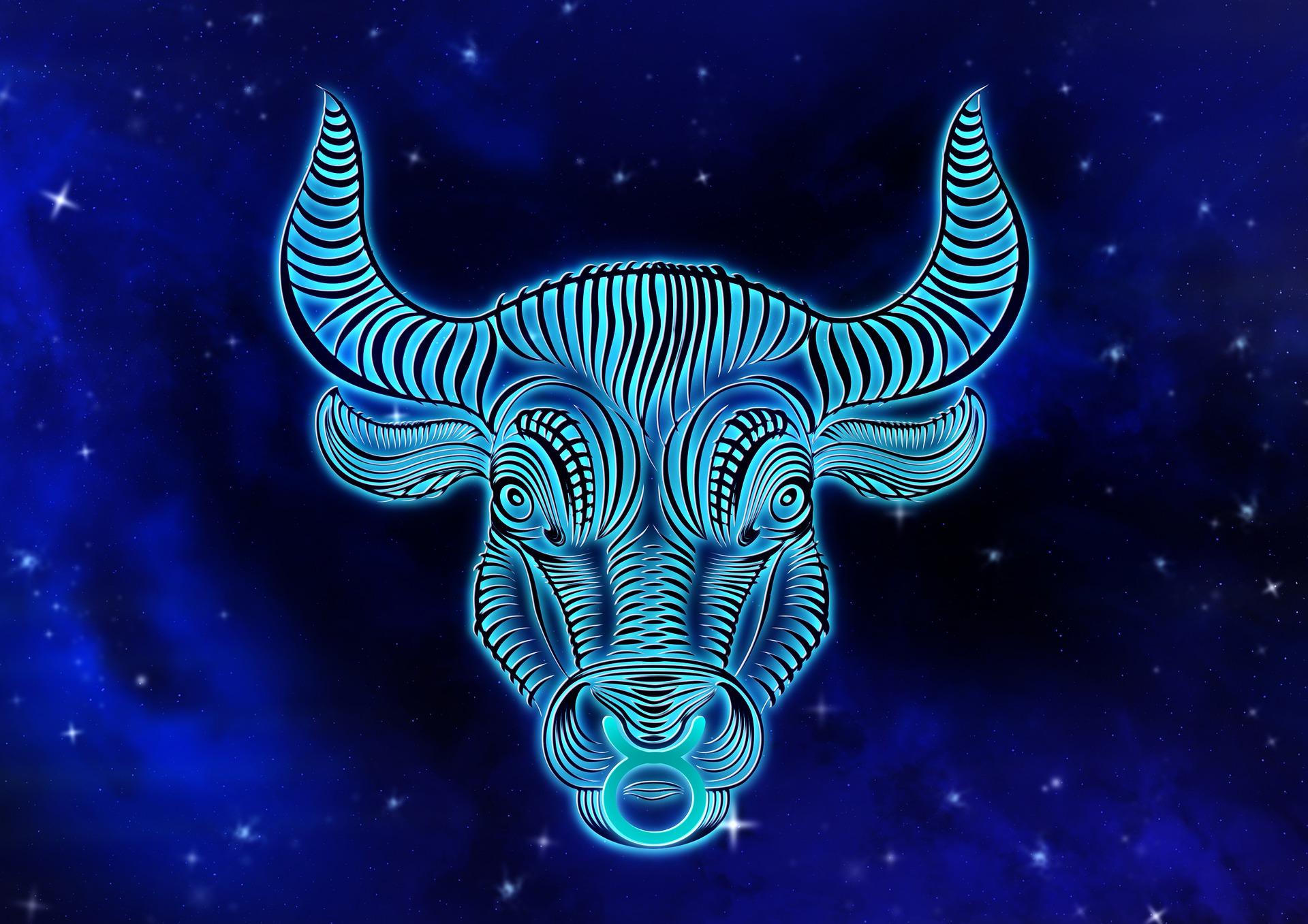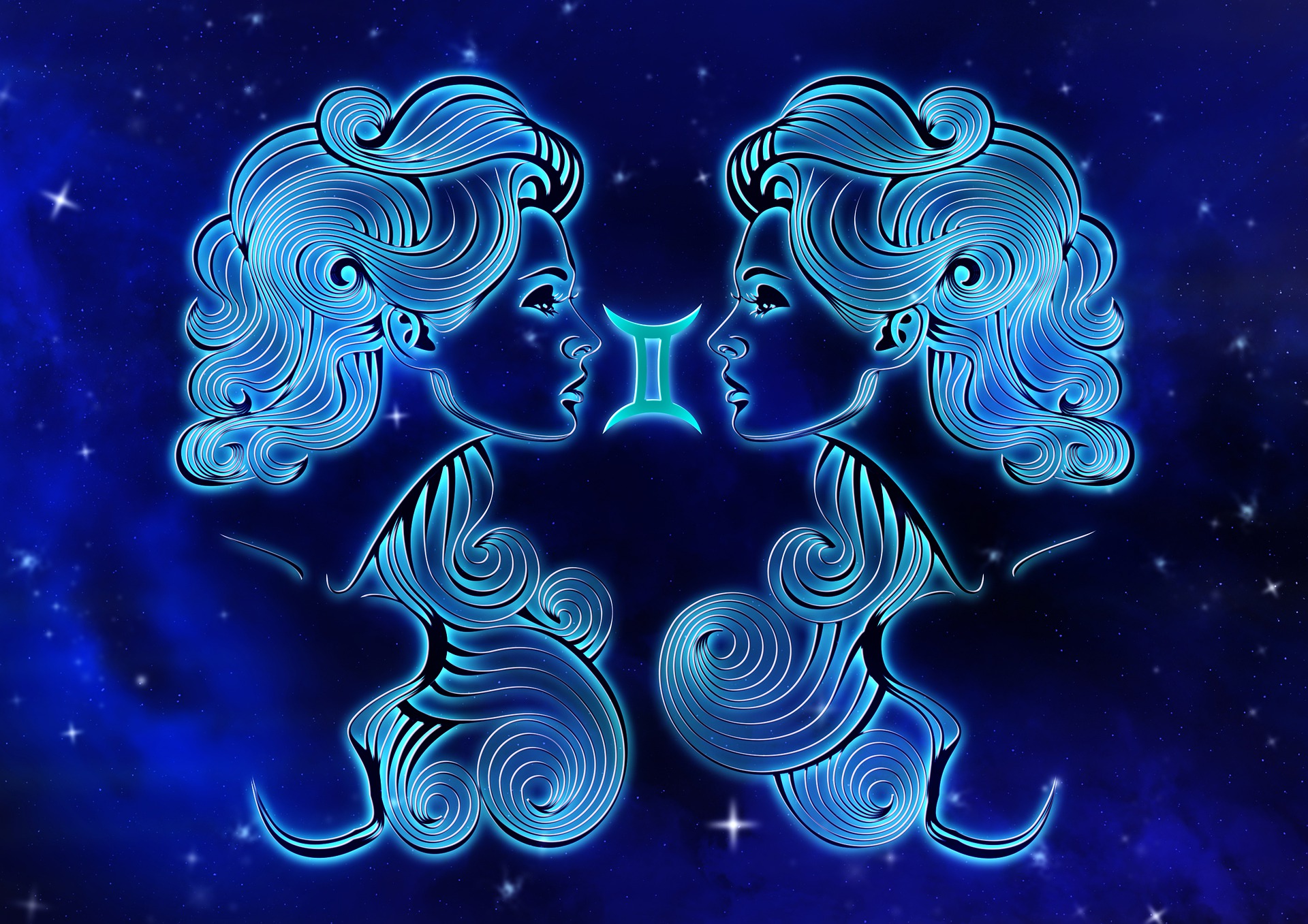Douglas the bold blacklist-breaker had come a long way, and from very humble beginnings. Born Issur Danielovitch in New York to illiterate, desperately poor Russian Jewish parents, he was the only boy among seven siblings. He would later tell his own children that they didn’t have his “advantage of being born into abject poverty.”
From an early age, that “advantage” forced Douglas to put himself out there with the public, and he worked odd jobs, scrounged for food and talked his way into college and loans. Acting school and a stint in the Navy followed college, as well as minor success on Broadway using the new stage name that he would keep for the rest of his career. Then Hollywood beckoned, and within four years, Douglas had made eight films, had established his persona as a tough guy and had earned the first of his three Oscar nominations as a barrel-chested prizefighter in Champion.
True to the roles he liked to play, success did not make Douglas a “nice guy.” Though married, he had affairs with actresses Rita Hayworth, Marlene Dietrich and Ava Gardner. He was mostly an absentee father to his first two sons; frequently he broke studio contracts and feuded with directors. In 1964, he said, “I am probably the most disliked actor in Hollywood, and I feel pretty good about it, because that’s me.”

Arnold M. Johnson/Hulton Archives/Getty Images
The 1960s were his glory days as he starred in hit after hit. Douglas battled a presidential overthrow in Seven Days in May and was torn between Faye Dunaway and Deborah Kerr in The Arrangement. He played gunslingers, lawyers, admirals, doctors and con men, and he worked steadily through the next two decades.
When the tough guy schtick got old, Douglas turned to comedy and mocked it in a film called Tough Guys, in which he starred with his friend and frequent co-star Burt Lancaster. Not even a helicopter crash in 1991, when he was 74, slowed Douglas down — though the fact that a pilot and another passenger had died, he told NPR, did change his worldview. “It makes you think about other people,” Douglas said. “I think that you have to — as you get old in life and as you mature — you have to be aware more of the outside world and other people.”
Just a year after that 1994 interview, a stroke left him almost entirely unable to speak. He had thoughts of suicide. He wrote: “What does an actor do who can’t talk? … Wait for silent pictures to come back?”
Douglas’ book My Stroke of Luck describes how he recovered by reaching out to others and by rediscovering the Judaism he’d been neglecting for 60 years.
Douglas and his wife Anne Buydens would spend the next decade and millions of dollars fixing up playgrounds in California — more than 400 altogether. Every time he reopened one, he slid down its slide, joking after one such slide at age 92: “Every dedication I risk my life.”
In between the odd acting jobs that came his way, Douglas found time to write memoirs, novels and children’s books. He also became one of the world’s oldest bloggers at 92. And at 94, he returned to the stage, delighting audiences at Culver City’s Kirk Douglas Theatre with an autobiographical solo show called Before I Forget.
Douglas was the last great movie star of his generation. He outlived the likes of John Wayne, Gary Cooper, Henry Fonda, Cary Grant, Charlton Heston and his buddy Burt Lancaster — and younger audiences probably know him better as Michael Douglas’ father than as a star in his own right. But he was a star and, for a long time, among the brightest in the Hollywood firmament.
Source:npr.org








